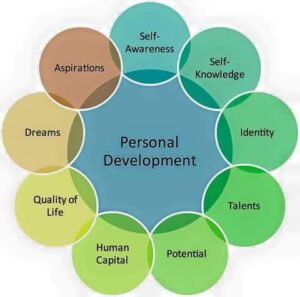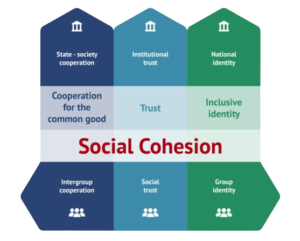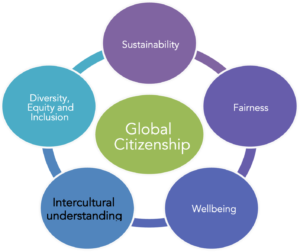Importance of education in today’s world
What is education?
Before delving into its importance, let’s establish a clear definition of education. Education is a systematic process that involves the transfer of knowledge, skills, values, and cultural norms from one generation to another. It encompasses formal and informal learning experiences, occurring in various settings such as schools, universities, workplaces, and communities. The goal of education is not only to impart information but also to cultivate critical thinking, creativity, and a lifelong love for learning.
I. Personal Development and Empowerment:
Education serves as the catalyst for personal development and empowerment. It equips individuals with the necessary tools to navigate life’s challenges, make informed decisions, and achieve their full potential. Beyond academic knowledge, education fosters the development of essential life skills, including critical thinking, problem-solving, communication, and adaptability. Through education, individuals gain the confidence to pursue their aspirations and contribute meaningfully to society.

II. Economic Prosperity and Opportunities:
In today’s knowledge-based economy, the link between education and economic prosperity is undeniable. Education is a pathway to employment opportunities, career advancement, and higher earning potential. Individuals with higher levels of education are more likely to secure well-paying jobs and contribute to innovation and economic growth. Moreover, a skilled and educated workforce is a driving force behind a nation’s competitiveness in the global marketplace.
III. Societal Well-Being and Social Cohesion:
Education plays a pivotal role in shaping the fabric of society by promoting social cohesion, tolerance, and inclusivity. It serves as a vehicle for transmitting cultural values, fostering understanding among diverse communities, and promoting social harmony. A well-educated populace is better equipped to engage in constructive dialogue, address societal challenges, and contribute to the development of a just and equitable society.

IV. Health and Well-Being:
There is a profound connection between education and health outcomes. Education not only imparts knowledge about healthy lifestyle choices but also influences access to healthcare resources. Educated individuals tend to adopt healthier behaviors, leading to improved overall well-being. Furthermore, education contributes to the development of critical health literacy skills, enabling individuals to make informed decisions about their health and the well-being of their communities.
V. Global Citizenship and Cultural Understanding:
In an increasingly interconnected world, education is instrumental in fostering global citizenship and cultural understanding. Exposure to diverse perspectives and worldviews encourages empathy and tolerance. Educational institutions serve as platforms for cross-cultural exchange, breaking down stereotypes, and promoting a sense of shared humanity. A globally educated populace is better equipped to address global challenges collaboratively, from climate change to humanitarian crises.

Follow Us For More
www.facebook.com/wolfywide
Join Our Whatsapp Group For More Jobs Update
https://chat.whatsapp.com/CqUiX4pMh1EEWDxeDxF6kj




